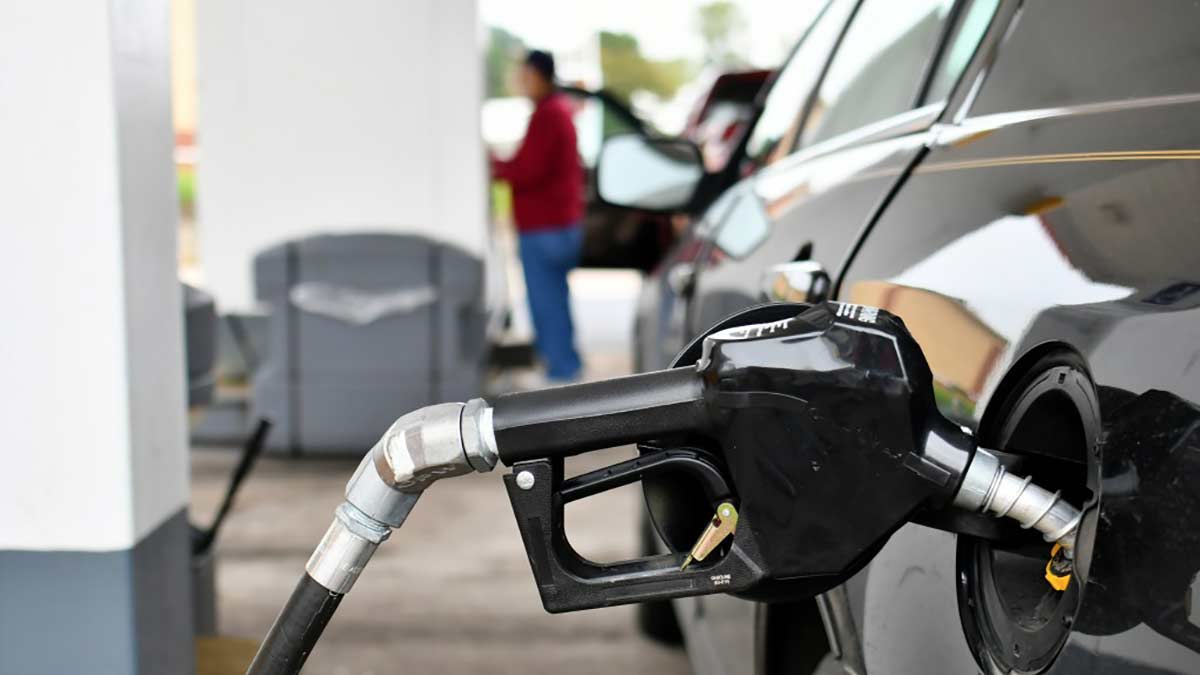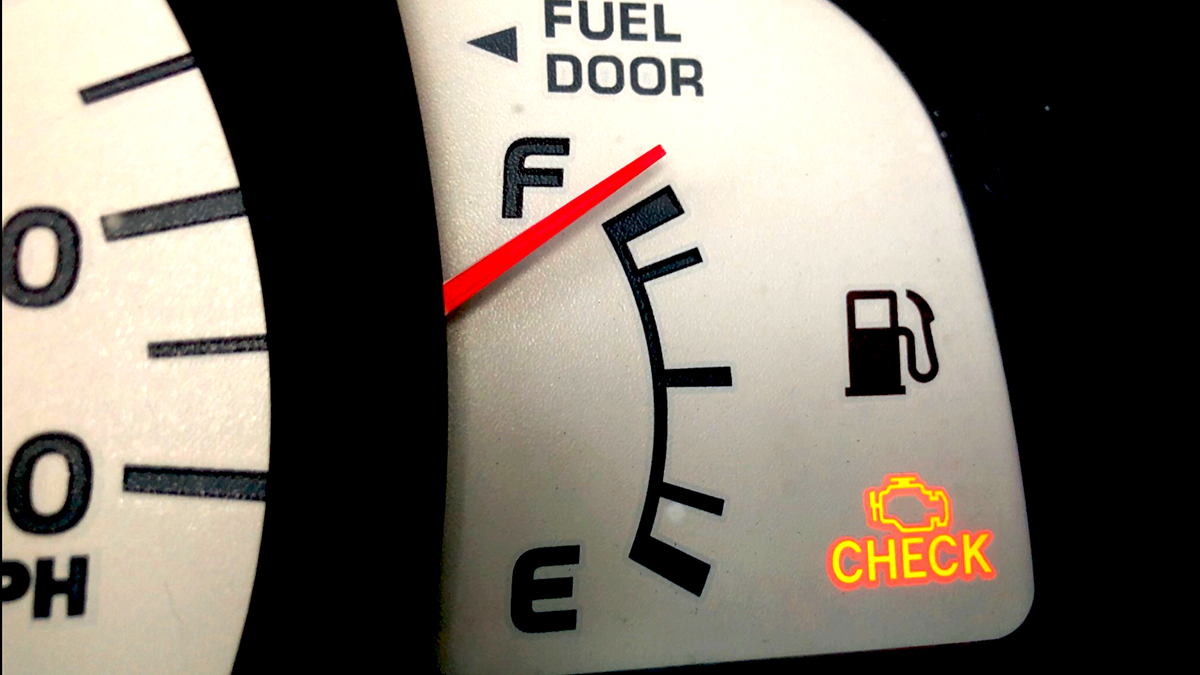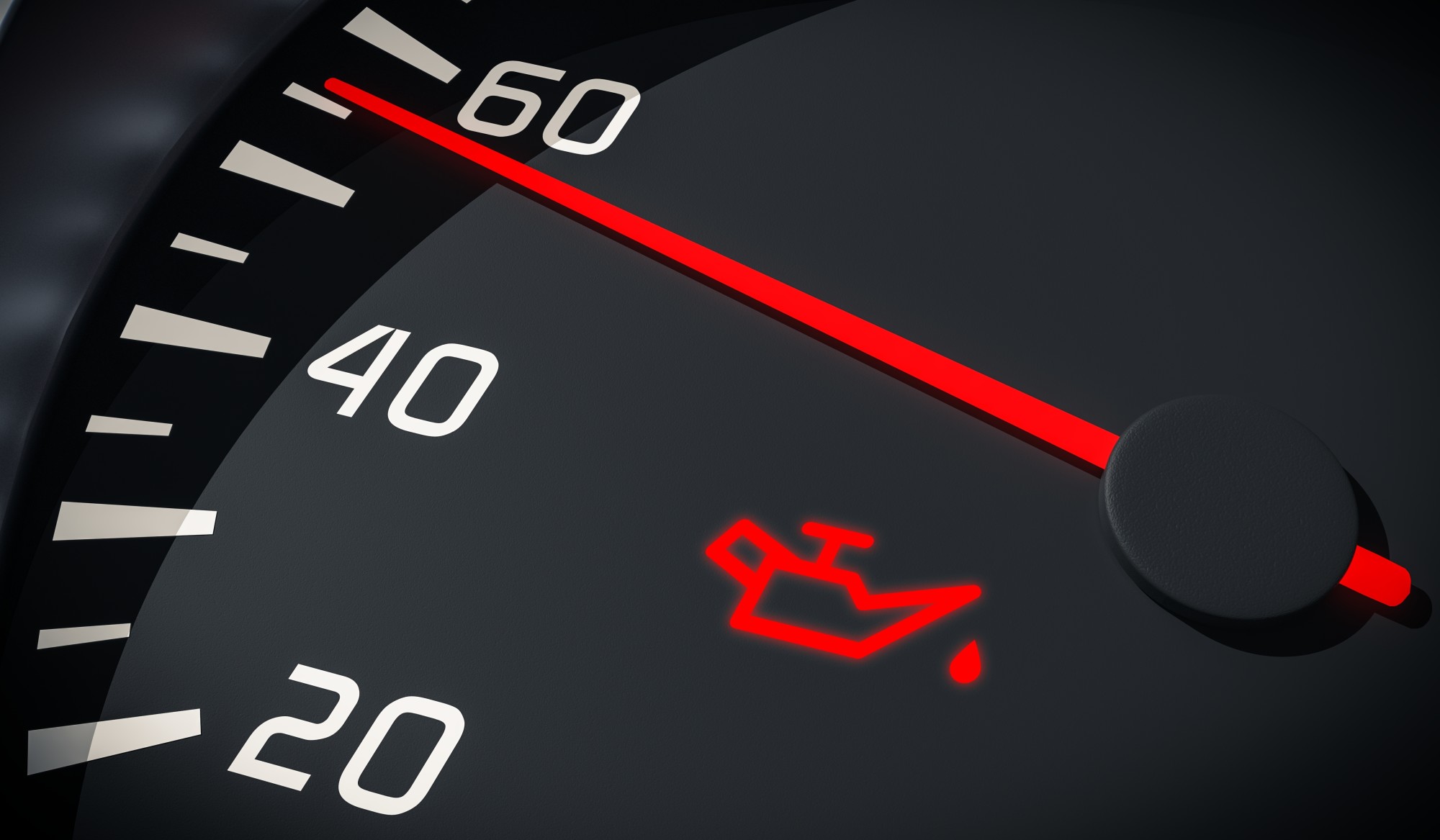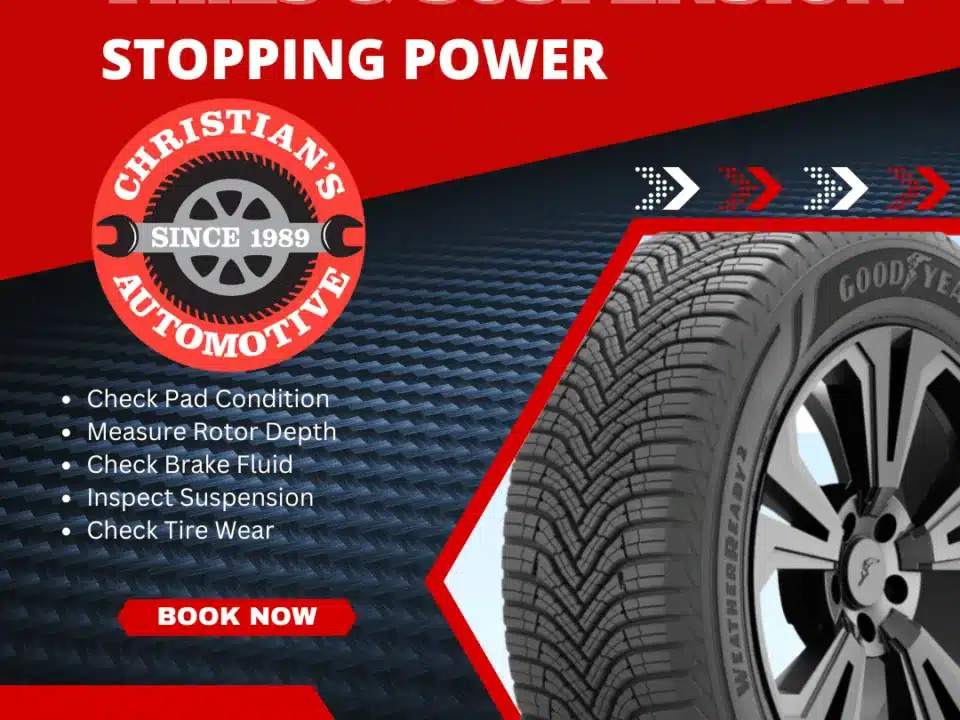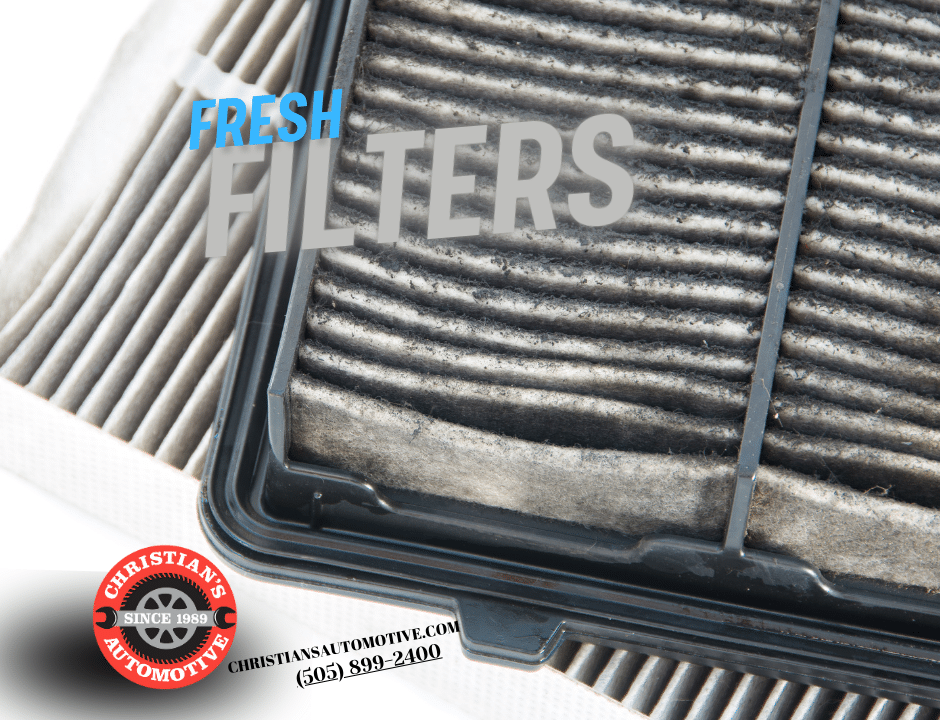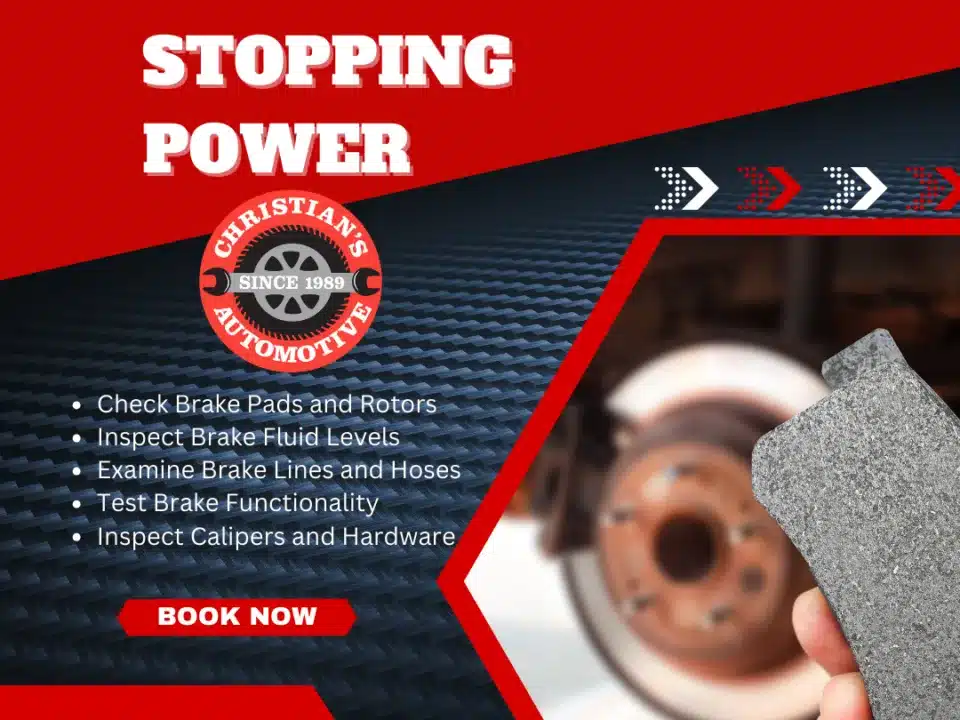Routine Maintenance
Owning a vehicle comes with a ton of perks. You have more independence and freedom when you can hit the road in your car anytime. However, vehicles also need routine maintenance. It’s not as fun to talk about, but preventative maintenance on your car will save you time, money, and headaches. Let’s look at the importance of routine maintenance and how you do it.
Why You Need Routine Maintenance On Your Vehicle
As soon as you drive your car off of the lot where you bought it, it starts to degrade. However, keeping it in tip-top shape with preventative maintenance will keep it running smoothly for as long as possible. Car maintenance also saves you money in the long run. Instead of waiting until something is wrong and paying hefty costs for auto repair, you can get ahead of issues with routine maintenance.
Your car is also safer on the road when it is maintained. For instance, you can avoid the risk of a flat tire when you regularly check the air pressure. Some car issues, like squealing brakes, make themselves visible to you when you drive. However, there are several car safety issues that aren’t visible until you get under the hood. That’s where routine maintenance comes in and saves you from any surprises that could lead to a dangerous situation. Plus, most car issues are preventable, especially when it comes to your transmission and engine. Along with feeling safer, you can save yourself time, energy, and money when you maintain your car.
The goal of routine maintenance on your car is to stay on top of and slow down the natural wear and tear process as you drive. Next, let’s look at the type of maintenance you need to keep your car running smoothly.
Types of Routine Vehicle Maintenance
Your routine car maintenance should focus on these areas:
- Changing your oil
- Tire inspection
- Replacing your battery
- Brake inspection
- Replacing your belts
- Transmission service and tuneup
Let’s break these down. First, your oil should be changed every 3,000 – 5,000 miles. Depending on if you use standard or synthetic oil. This will help your vehicle run safely, and it will improve your gas mileage.
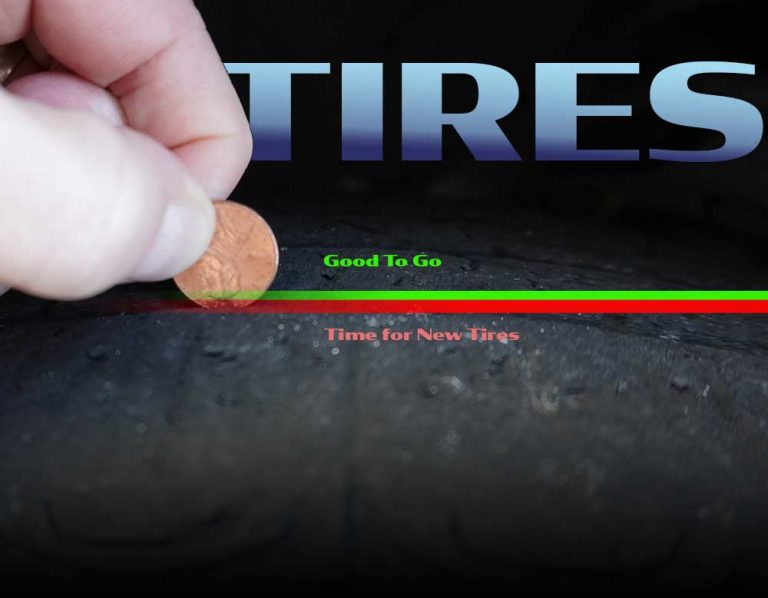 Next, your tires should be rotated every 3,000 miles to make them last longer. You should also regularly check their air levels and inspect them for holes or nails. Worn-out tires need to be replaced to avoid an accident.
Next, your tires should be rotated every 3,000 miles to make them last longer. You should also regularly check their air levels and inspect them for holes or nails. Worn-out tires need to be replaced to avoid an accident.
Your car’s battery should last for 2-5 years, but it’s a good idea to check it regularly to avoid it dying on you. It’s better to be safe and replace your battery early than wait until it’s too late. When it comes to your brakes, it’s crucial that they are working properly for your safety. When you get an oil change, check the brakes and suspension system to make sure there aren’t any problems. Next, change out your belts before they wear down and snap on their own. This includes your drive belt, fan belt, power steering belt, and timing belt. Finally, transmission inspections will save you a ton of money in auto repairs. Remember to flush fluids routinely.
Visit Christian’s Automotive in Albuquerque, New Mexico
Routine maintenance on your vehicle is an important part of owning a car. It will save you money and keep your car on the road longer. For routine maintenance services in Albuquerque, New Mexico, contact Christian’s Automotive today.

